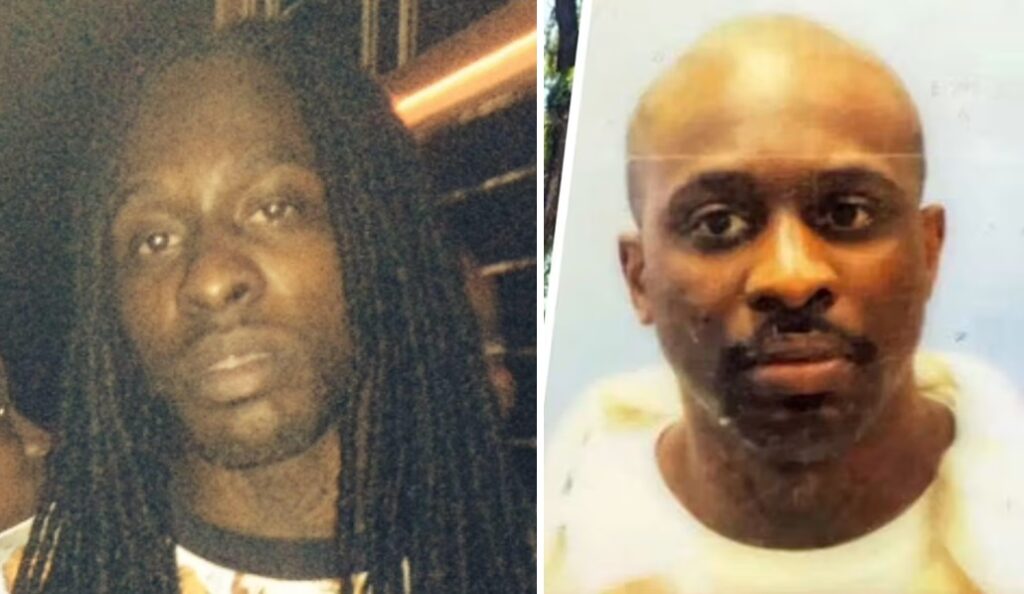The US Supreme Court on Monday deliberated on a significant case involving Damon Landor, a devout Rastafarian who is seeking monetary damages after his dreadlocks were forcibly cut while he was incarcerated in Louisiana. Landor argues that his religious rights were violated and is seeking permission to sue individual officials from the Louisiana Department of Corrections. His lawyer, Zachary Tripp, emphasized that without the possibility of damages, officials could disregard the law with impunity. Louisiana has admitted that the treatment of Landor was contrary to religious freedom and has since revised its prison grooming policy. However, the state maintains that federal law does not allow for monetary damages against state officials sued in their individual capacity, a stance that seemed to resonate with the court’s conservative majority. Landor, who had been growing his hair for nearly two decades, was serving the final weeks of a five-month sentence for drug possession in 2020 when the incident occurred. Despite presenting prison guards with a 2017 court ruling that affirmed Rastafarians’ right to keep their dreadlocks, a guard discarded the document and proceeded to shave Landor’s head while he was handcuffed to a chair. An appeals court condemned the treatment as ‘egregious’ but ruled that Landor could not sue individual officials for damages. The case has drawn attention from both left and right-leaning legal advocates, highlighting the complex intersection of religious liberty and government accountability. The Supreme Court, which has historically been reluctant to approve damages against individual officials, has also shown a tendency to support plaintiffs in religious liberty cases.
US Supreme Court hears case of Rastafarian whose dreadlocks were cut in prison
